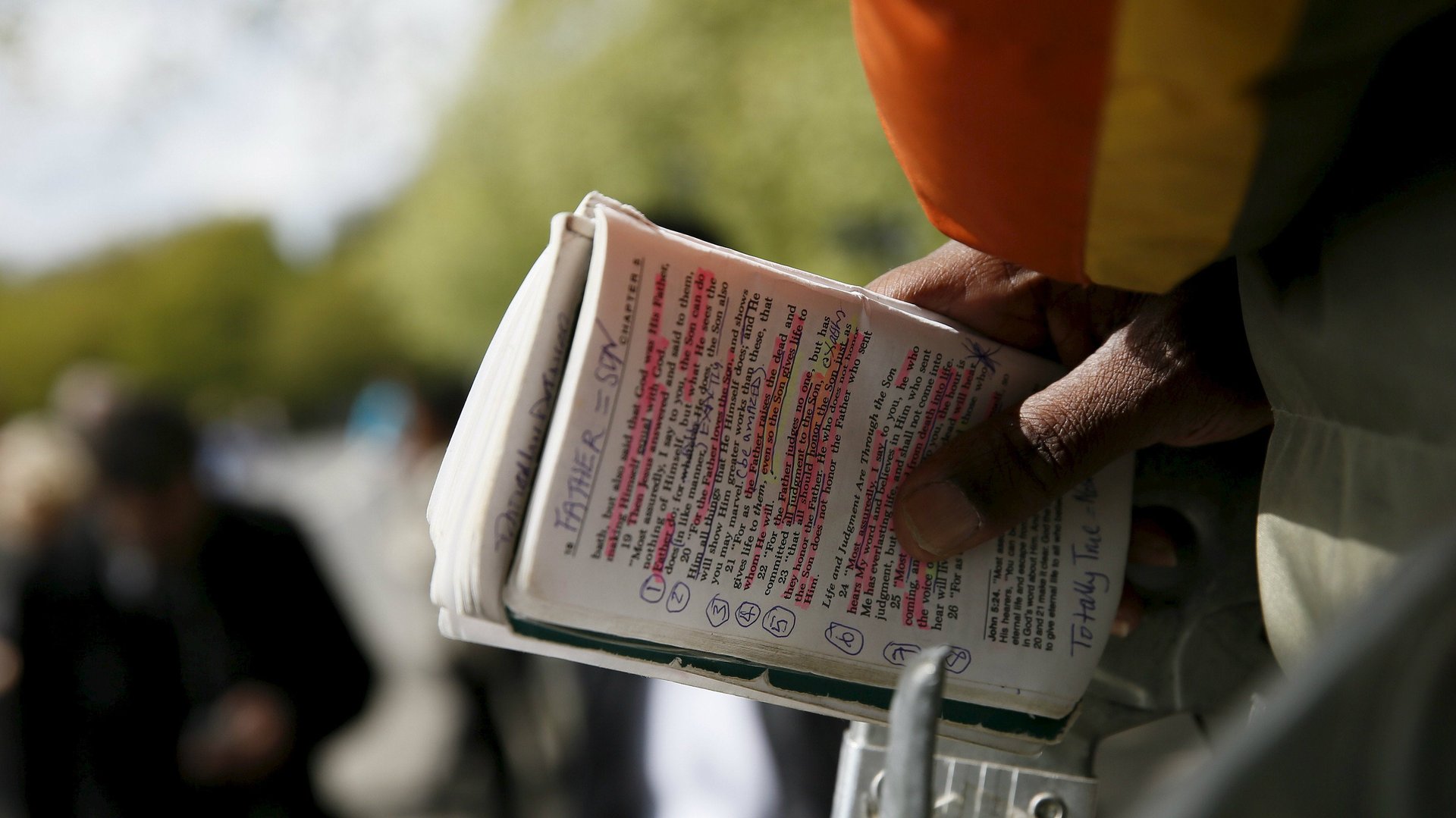Rebecca Solnit reminds us how people unknowingly change their minds in divisive times
It’s hard to imagine how anyone can change their minds amid a political landscape that feels defined by its divisiveness. For someone to hear our side— whatever that is—and change their view seems impossible.


It’s hard to imagine how anyone can change their minds amid a political landscape that feels defined by its divisiveness. For someone to hear our side— whatever that is—and change their view seems impossible.
But they can, and they do, according to American author and historian Rebecca Solnit.
For proof of that, she says eloquently in an episode of the LitHub podcast A Phone Call From Paul, we can look to the mysterious and not-at-all obvious ways that human beings have changed their minds in the past.
Solnit’s work—all 20-some books of it—spans climate change, feminism, geography, indigenous rights, natural disasters, and more. Her 2004 book Hope in the Dark, was re-released in 2016 due to its prophetic resonance about the way things change. There are few authors more studied on the social movements of the past century.
“How do minds get changed? One of the things that we know is that it’s not through the fun business of chastising people for being horrible and evil and wrong. Change comes by osmosis… One of the things that makes me hopeful and one of things I find fascinating is finding how beliefs shift and how subtle and incremental the process is. And how people usually think that their minds aren’t changing and they’re not influenced—but now they believe same-sex marriage is the most ordinary and obvious thing in the world, whereas a lot of those people would not have thought that at all 20 years ago… Ideas shift and it happens in this way that’s a little bit mysterious.”
Solnit goes on to explain that the inclination of those who are “right” is that they want to be recognized as such in due time. But the precise and subtle way in which societies change often doesn’t allow for any such recognition.
“Many years ago I had dinner with some people from the American Civil Liberties Union and one of the lawyers said to me: Nobody ever remembers being for Jim Crow. I remember late in the [George W.] Bush regime everyone realized what a bad idea the war in Iraq was and of course it would be nice if everyone came up and told those of us who were against it all along that we were right and they were wrong. And that mostly doesn’t happen. The way they realized it was wrong was by pretending they’d been against it all along… Change itself is often so subtle and slow a process that you don’t see it in yourself or your society.”